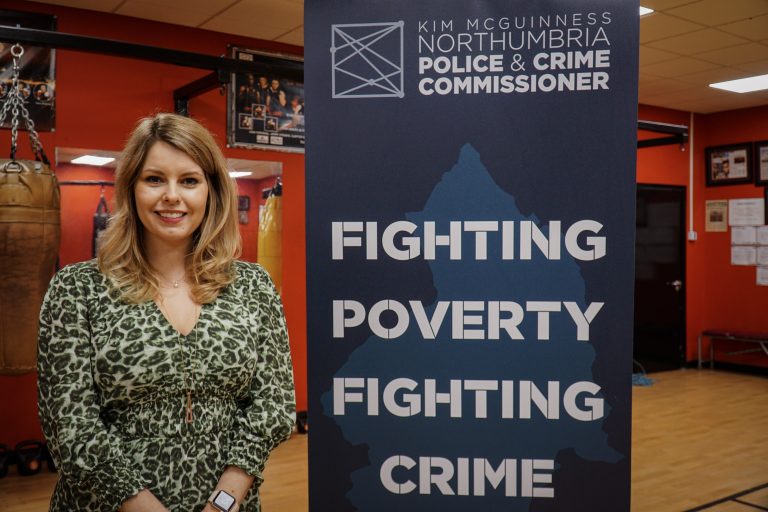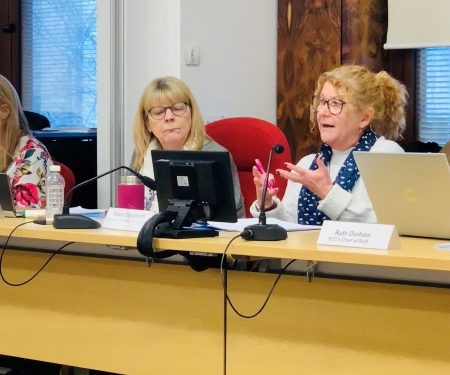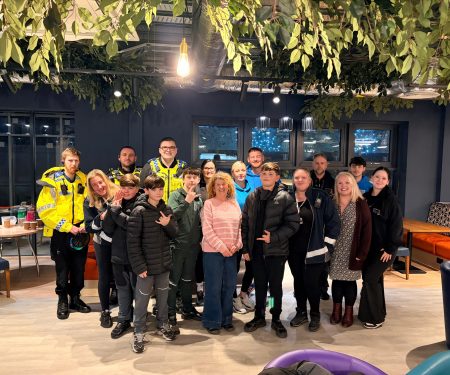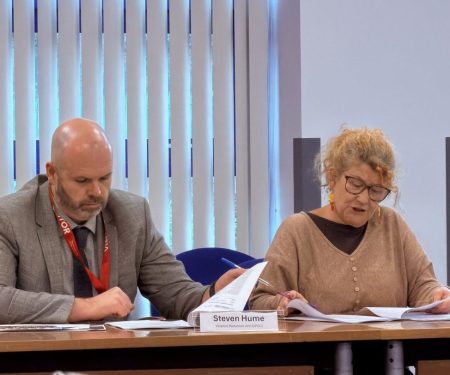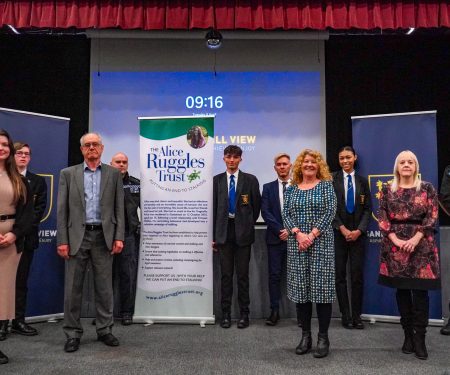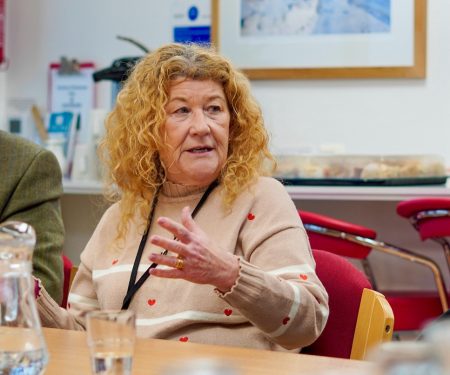COMMUNITY hubs, youth organisations and neighbourhood support services are struggling more from the cost-of-living crisis than during the Covid-19 pandemic, new research from the North East has found.
Kim McGuinness, Northumbria’s Police and Crime Commissioner, whose office conducted the research, has warned frontline organisations supporting those in need are struggling with needs of their own – and are desperate for Government to take notice.
The Commissioner has called on Government to introduce emergency Cost of Living grants for charities and neighbourhood groups – as happened during the pandemic.
A survey of nearly 100 frontline organisations aimed to find out how community groups are supporting people through the cost-of-living crisis and to better understand the ongoing concerns of those they support.
Issues raised have ranged from struggles with paying bills, difficulties affording transport to accessing support, and worries around rising crime.
| Findings include: |
|
|
|
The majority of organisations reported that this crisis has impacted their service even more than the Covid-19 pandemic with many attributing this to the lack of financial support from Government.
The Police and Crime Commissioner’s office helps fund over 140 organisations across Tyne and Wear to prevent crime and improve lives. Representatives from nearly 100 services and community groups voiced their views as part of the survey.
Northumbria Police and Crime Commissioner, Kim McGuinness, said: “These community groups and support services have been, and continue to be, a lifeline in the cost-of-living crisis. With some of the highest poverty rates in the country, there’s no doubt the people of the North East are suffering the most.
“We know bills are going up but it’s more than that – one youth worker said kids are coming to them asking ‘what’s for tea?’. That’s because kids are hungry, they don’t want to stress their mams and dads but they need to eat.”
She continued: “All these groups and hubs are ran by people who are motivated with the desire to help others and improve lives in their local neighbourhoods but they are only coping themselves by taking drastic measures. We’ve been hearing how they have been forced to cut salaries, use up reserves, and cancel sessions – it’s clearly a very stressful time for so many.”
Miss McGuinness is calling on the Government to provide a support package for community groups to cover space, transport and funding. She said: “Many people are telling me they feel nobody is recognising all they are doing and nobody is offering to help foot the bill.
“We all know the pandemic took its toll but there was a lot of short-term funding opportunities which have now come to an abrupt end and a lot of vital work and services will come to an abrupt end too if Government doesn’t step in here.”
| Research figures include: |
|
|
|
The full report and research can be viewed and downloaded here.
ENDS

